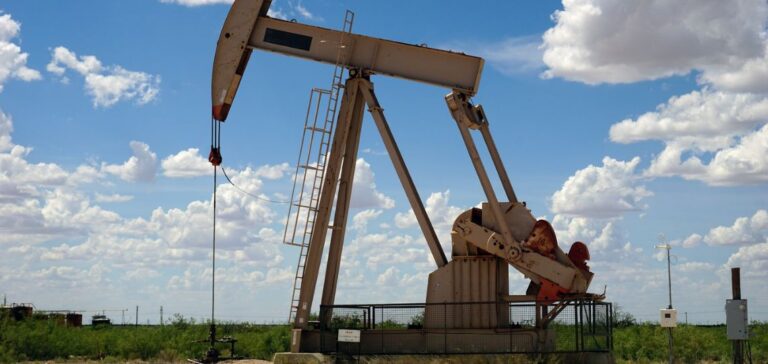Despite the banking crisis, the impact on commodities should not be too strong. This is what the American hedge fund Citadel declared. Bank stocks and bonds fell Monday and oil was at a 15-month low, following the state-backed takeover of Credit Suisse by UBS Group, which raised concerns about the health of the global financial sector. However, Citadel indicated that the risk was not systemic at this stage and that many commodity loans were secured, thus limiting the major impact on the sector.
Why shouldn’t commodities suffer strong economic impacts?
According to Barrack, head of commodities at Citadel, global markets are far from a recession like the one in 2007-2008. The loss of 1-2% of global GDP will not have a significant impact on oil demand, which he expects to rebound in the second half of the year. It would take a reduction of 5 to 6% of world GDP to have a major impact on raw materials.
Citadel’s predictions on the impact of the banking crisis
Hedge funds and trading firms have made record profits in the energy markets over the past year due to extreme price jumps and the turmoil caused by Russia’s invasion of Ukraine. Citadel ended 2022 with a gain of $16 billion, the largest profit ever made by a hedge fund.
The uncertainty of the oil market
Citadel’s commodities arm has positions in oil, power, natural gas and agriculture. The Organization of the Petroleum Exporting Countries and its allies (OPEC+) agreed to a 2 million barrel per day cut in October last year that took effect in November and will continue until December 2023. However, the macroeconomic context remains an unanswered question as OPEC assesses the impact on demand. The fact that they are not yet reducing supply shows a calm level of confidence.
In conclusion, the banking crisis seems to have a lesser impact on commodities which should maintain their growth, according to Citadel.






















